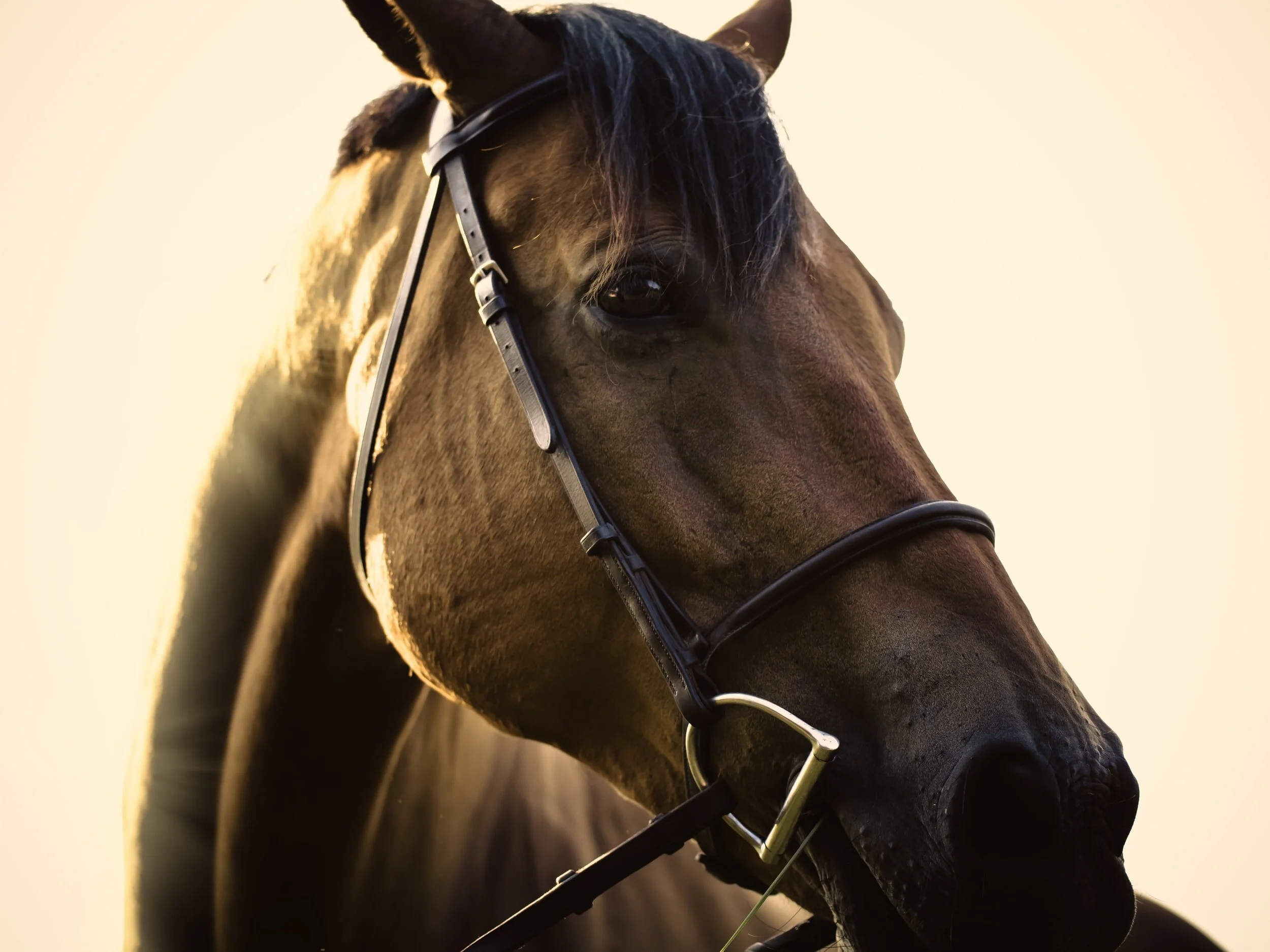By: Harrison J.B. Chittenden
When one hears the term horse country, Kentucky is immediately brought to the forefront of the mind. From the twin spires of Churchill Downs, to the sprawling grounds of Keeneland, to acres and acres of white fenced horse farms, Kentucky is synonymous with all things equine. Protecting and promoting this legacy should, therefore, be a lasting interest for all who are proud to call Kentucky their home. To effectively protect Kentucky’s equine industry, however, an understanding of the scale and intricacies of that industry must first be acquired, enter the Kentucky Equine Survey. The Equine Survey is similar to a census for the state of the horse industry in the Commonwealth. The Survey is a powerful tool that can boost economics and promote the health of Horses across Kentucky, but it has been vastly underutilized. In order to maintain its predominance in the equine world, the Commonwealth should create a program that conducts the Equine Survey every ten years.
The Kentucky Horse Council has partnered with the University of Kentucky College of Food, Agriculture, and Environment as well as the Kentucky Thoroughbred Association and the USDA National Agriculture Statistics Service to conduct a survey of Kentucky’s equine resources in 2022.[i] This cooperative undertaking is the first of its kind since 2011 and only the second Equine Survey undertaken since 1977.[ii] The Commonwealth-wide survey will focus on understanding four main topics 1) Provide data for disease surveillance; 2) Keep policymakers informed and engaged proactively; 3) Inform workforce development; 4) and Identify emerging markets on which business can capitalize.[iii]These goals are largely in line with the goals of the 2012 survey which also included describing the economic value of the horse industry in Kentucky as well as establishing a baseline for future surveys.[iv]
The result of the 2012 survey revealed the estimated economic impact of the Kentucky equine industry to be $2.99 billion, with assets of more than $23 billion.[v] Further, the survey revealed that in 2012 Kentucky was home to more than 242,000 horses and was the base of 35,000 equine operations.[vi] The study also showed that four percent of Kentucky’s land was dedicated to equine purposes.[vii] The impact and importance of the equine industry on Kentucky’s economy can, therefore, not be understated, and a comprehensive survey conducted at regularly scheduled intervals is vital to maintaining the strength of the industry.
Dr. Jill Stowe, associate professor at the University of Kentucky Department of Agricultural Economics, also spoke of the importance of the survey in light of industry decline due to the ongoing COVID-19 pandemic.[viii] Her research shows that forty-two percent of boarding, training, and lesson operations reported a loss in clients or an inability to pay bills.[ix] The hardest-hit sector of the industry, competition enterprises, reported that COVID-19 had caused the cancellation of sixty-seven competitions only twenty-two of which were rescheduled. On average these cancellations resulted in revenue losses of $50,000.[x] Speaking of the importance of the 2022 Kentucky Equine following the declines caused by the pandemic, Dr. Stowe stated “[w]e would like to see this survey happen because I think it is really important for the long-run sustainability of the industry.”[xi]
This survey will strengthen the industry by providing current information to Kentucky policymakers who in turn can draft legislation that will work to promote a stronger equine industry in the Commonwealth. Further, the survey allows researchers and scientists to gain a more comprehensive understanding of the challenges facing the industry. Conducting the survey every ten years would allow legislators to write pro-quine industry laws and would afford scientists and veterinarians the opportunity to analyze disease trends and develop new therapies and medications to maintain the health of horses in the Commonwealth and abroad. Horses are a part of Kentucky’s identity, and to further understand that identity and promote the Commonwealth’s unbridled spirit the Kentucky Equine Survey should be adopted as a decennial project for the foreseeable future.
[i] Holly Weimers, UK and the Kentucky Horse Council Launch 2022 Kentucky Equine Survey, University of Kentucky (Aug. 23, 2021), https://news.ca.uky.edu/article/uk-and-kentucky-horse-council-launch-2022-kentucky-equine-survey [https://perma.cc/59NM-HAT4].
[ii] Participants Wanted for 2022 Kentucky Equine Survey, Bloodhorse (Aug. 23, 2021), https://www.bloodhorse.com/horse-racing/articles/252621/participants-wanted-for-2022-kentucky-equine-survey [https://perma.cc/HB3Q-AHCK].
[iii] 2022 Kentucky Equine Survey, Kentucky Horse Council (Sept. 18, 2021), https://www.kentuckyhorse.org/2022-Kentucky-Equine-Survey [https://perma.cc/YN4P-QNAG].
[iv] A Comprehensive Study of Kentucky’s Equine Industry, USDA (Sept. 18, 2021), https://portal.nifa.usda.gov/web/crisprojectpages/0227476-a-comprehensive-study-of-kentuckys-equine-industry.html [https://perma.cc/KKR2-8SXD].
[v] Id.
[vi] 2012 Kentucky Equine Survey, University of Kentucky (Sept. 6, 2013), http://equine.ca.uky.edu/files/2012_equine_survey_summary_final_3.pdf [https://perma.cc/M27F-VAEB].
[vii] Id.
[viii] Erin DesNoyes, UK Equine Research Showcase Recap: Impacts of COVID-19 on Kentucky’s Equine Markets, University of Kentucky (Sept. 18, 2021)
https://equine.ca.uky.edu/content/uk-equine-research-showcase-recap-impacts-covid-19-kentucky’s-equine-markets [https://perma.cc/S454-4NCA].
[ix] Id.
[x] Id.
[xi] Id.


